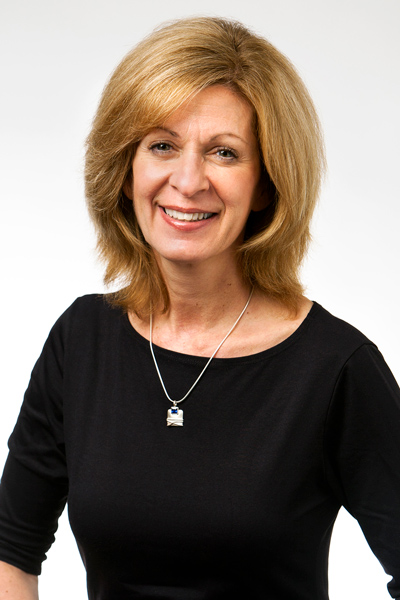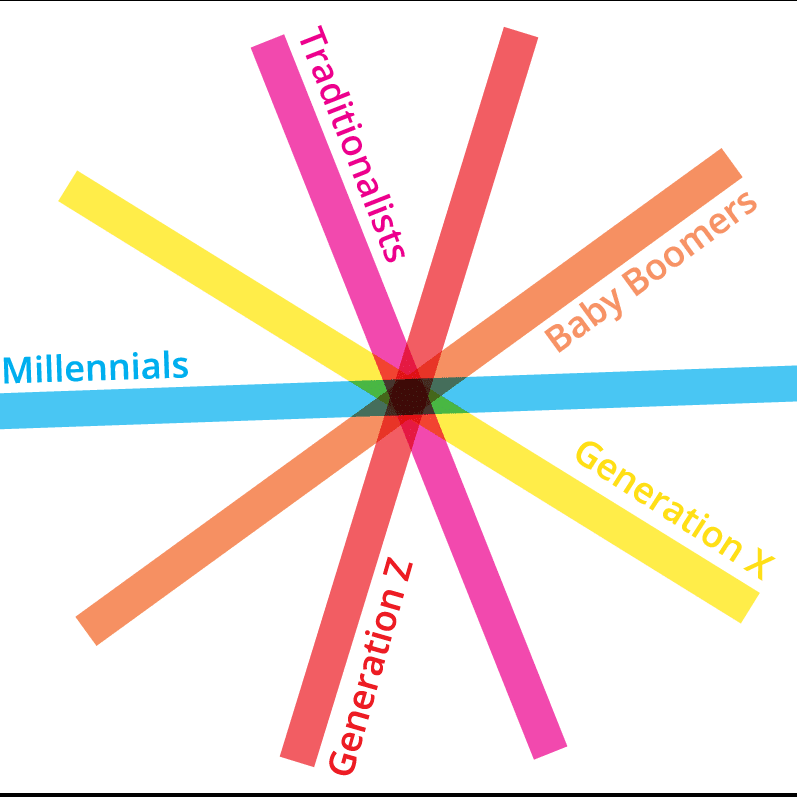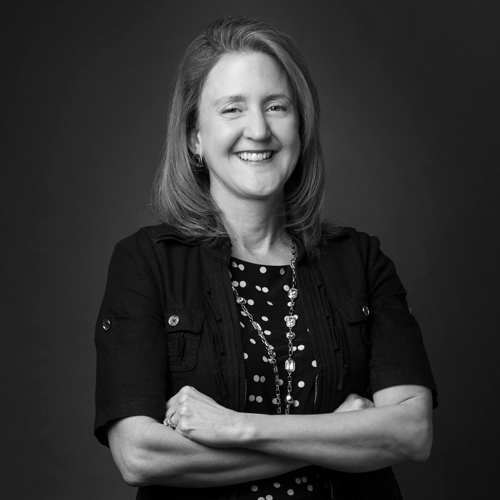
Mary George Opperman’s first night in the dorm rooms at Cornell University came just after relocating from Boston to Ithaca, New York. She was used to the Ivy League environment, having spent thirteen years previously on the grounds of Harvard University as the director of employee services. Now she was in a new town with a new environment facing a new host of responsibilities on the upstate New York campus.
As she walked to find her office that first day, she met a woman along the way who without hesitation guided Opperman to her destination. It was an example of the small-town hospitality that Opperman would grow to appreciate even more over the years. In the weeks to come, she walked the grounds at dusk when students just arriving for the start of the new school year began singing a capella in the archways of the West campus. “I thought to myself that it just doesn’t get any better than this,” Opperman recalls.
More than twenty-one years later and little has changed in regard to Opperman’s enthusiasm for the renowned university. What has changed, however, is the nature of higher education, the increased competition for talent, and the business paradigm that continues to change for Cornell University and all universities across the country. As the vice president and chief human resources officer, Opperman balances all of that while also ensuring Cornell is a top destination place for staff and faculty to work so students have a thriving environment in which to learn.
As Opperman explains, higher education differs from other industries because the business side is continually operating. “The people we serve live with us,” Opperman says. “Most of our students are residents here 24/7 with us, and so our relationship to those students is full-time. In many ways, we are a community of our own, with all of the opportunities and challenges that brings.”
Working in a university setting is fast-paced, busy, and can be more stressful than many people realize, Opperman says. She recalls walking with a family after a recent commencement, and they commented to Opperman that it must be nice being on vacation for the summer. That’s because, Opperman says, many people remember college from solely a student perspective.
“Our research and many other activities go on every day, all day long,” Opperman says. “It never stops here. When you think about it as a place of employment, it’s a very diversified, interesting, and complex place.”
The faculty who teach, research, and advance scholarship are supported by a variety of interesting positions across campus. That includes student services, research positions, and administrative and direct service opportunities. As current talent retires, and the competition for new talent increases, it becomes increasingly important to recruit and retain top talent for these important roles. Opperman explains that there is a strong focus on creating meaningful employment opportunities at all levels of the university. Then, it comes down to responding to expectations of top talent so that they will stay and grow their careers at Cornell.
“We are looking at how we have jobs crafted, how we move people around the organization, and how we respond to changing needs,” she says. “We work very hard to recruit great people to Cornell, and we want to keep them here and happy.”
Being in a strong community such as Ithaca is also a benefit to recruiting. Opperman and officials at Cornell work hand in hand with partners at Ithaca College, Tompkins Cortland Community College, local businesses, and government officials to welcome people and create a sense of belonging as soon as someone arrives. That’s especially important as the workforce continues to change through retirements and transitions, Opperman says.
“We need to be mindful of the fact that the new talent coming in are telling us that they value different things,” Opperman says. “As you have more generations in your workplace, the alignment of programs, benefits, and services becomes more complicated because what somebody who is in the second or third phase of their work life wants may differ from what someone new to the workforce values and expects. Our programs have to take these expectations into account, and we are trying to do that within a very constrained financial reality.”
Resource constraints are also a continuing reality in higher education. As Opperman explains, there continues to be pressure on universities to prove their value and to prove the value of a degree.
“We’re regularly being pressed, as we should be, to make sure that we’re efficient and effective in what we do,” she says. “The sources of support are constrained, and so we need to be very mindful about what work we do and how we do it. That is and will be a reality for us.”
To accomplish that, Opperman and her team support efforts to look at cost factors and focus on expenses that are not directly associated with the mission of Cornell. It’s not easy, as regulations continue to put financial pressure on colleges and universities. But using strategies such as lean process improvement have proved quite successful. Opperman credits her incredible team as well as leadership at Cornell for ensuring a strong business and learning environment.
“Moving an organization forward through its people means moving the organization’s culture and systems and being really clear why we are here and who we are here to serve,” Opperman says. “When things change and resources are constrained, it is even more important to be clear about the culture we want to create and keep the systems that will support that culture. That helps us recruit and retain talent that will advance the culture through those systems.”
No matter the obstacle, every day is one of the most rewarding experiences for Opperman, and it’s been that way since she first arrived on campus. Every day, she supports faculty and staff who are advancing scholarship that will change the world and teaching students who will go out and become tomorrow’s leaders.
“People are really satisfied working at a place that’s mission driven, and this is a great place to do that,” she says. “I think we get great employees who want to work here because of our mission, and so we’re really focused on trying to get our message out there so that we can attract people who want to be part of Cornell’s future.”
Earning High Honors
Mary George Opperman’s HR initiatives are not only making waves at Cornell University, but they’re also being recognized throughout the nation. Recently, Opperman was named one of the top fifteen most influential and prominent women leading human resources today by Human Resource Executive.
During Opperman’s tenure, Cornell has earned numerous workplace awards, including being named AARP’s top US employer for workers fifty years of age and older, and has been listed as a best employer for working mothers, prospective and adoptive parents, IT professionals, veterans, and executives who are women.
Photo: Robert Barker/University Photography

